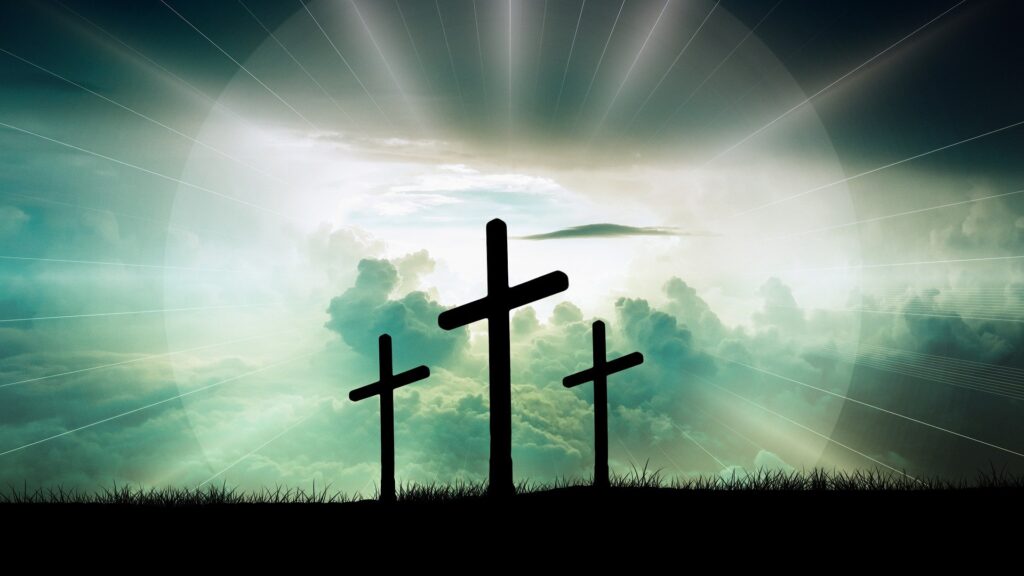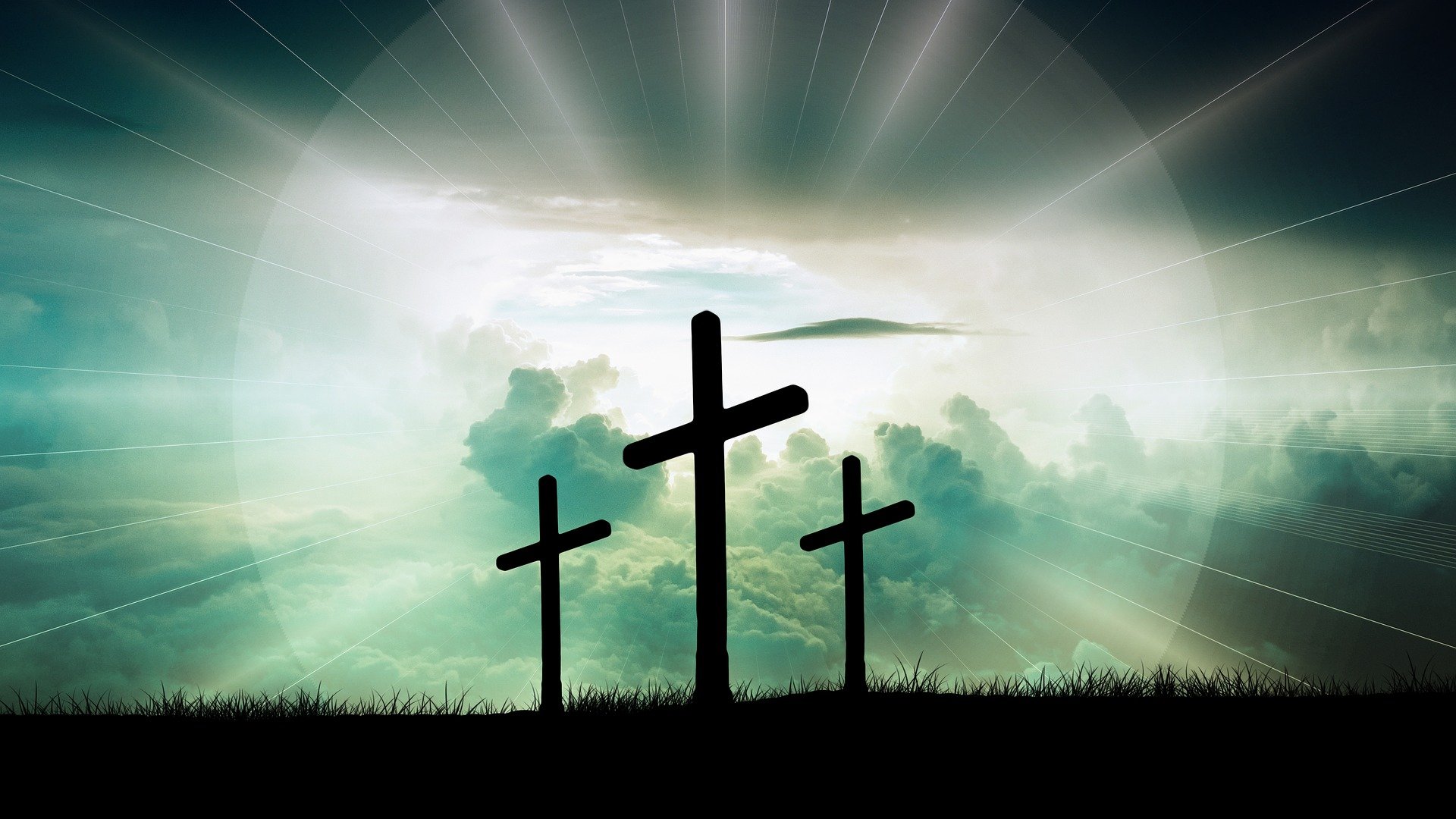
Suicide is an awful tragedy. In our small community we experience it way too often with both high school students and the Airmen at FE Warren. Since 2014, there has been a 24% increase in suicides in the United States.[1] This year an estimated 46,000 people will end their life through suicide. That is an average of 126 every day. Because of the dramatic increase in suicide, schools and the US Military have development substantial suicide prevention classes and training.
However, despite efforts to minimize suicide rates, suicides continue to increase by approximately 2% per year. Here in Cheyenne, every school employee, including food service workers, custodial staff, admin personnel, bus drivers, substitute teachers and, of course, full-time teachers, must watch a two-hour video before school begins each year on the factors that contribute to suicide along with specific steps on how to prevent it. The video is well done, and every year I am thankful for the reminders.
Suicide is often associated with antisocial personality disorder, anxiety disorders, or depressive disorders. After every suicide there is a call for more access to mental health resources. To be clear, I think suicide is aways a tragedy and I am happy for everything that is being done to curb the disturbing increase in suicide. I also think everyone should have access to mental health resources.
 However, no one seems to suggest the possibility that suicide is not connected to mental illness, but is rather a very sane response to living in a difficult and meaningless world. In A Confession (1879), Tolstoy described how his life came to a standstill when he thought about the meaninglessness of life. Tolstoy believed that when anyone contemplated the meaningless of life there were only three reasonable options:
However, no one seems to suggest the possibility that suicide is not connected to mental illness, but is rather a very sane response to living in a difficult and meaningless world. In A Confession (1879), Tolstoy described how his life came to a standstill when he thought about the meaninglessness of life. Tolstoy believed that when anyone contemplated the meaningless of life there were only three reasonable options:
HEDONISM
The first was existential hedonism, in which one just ignores the absurdity of life and instead enjoys the pleasures associated with the moment. He quotes the book of Ecclesiastes 8:15 where Solomon writes, “Then I commended mirth, because a man hath no better thing under the sun, than to eat, and to drink, and to be merry.”[2] He believed that this is how the majority of the Russian aristocracy dealt with hopelessness. It seems to me that this also describes how many young people confront the meaningless of the suffering they endure.
“STRENGTH AND ENERGY”
The second option for Tolstoy was what he called “strength and energy.” He believed that this option is seldom taken. Tolstoy believed that “strength and energy” is pursued when a person, having understood the absurdity of life, will see that death is better than life and will take his own life. He wrote, “this is the worthiest way of escape and I wish to adopt it.”
“THE WAY OF WEAKNESS”
The third option was what he called the way of weakness. The way of weakness is to understand the absurdity of life, but then to be too weak to take one’s own life. He wrote that he himself believed that death was better than life but was simply too weak to commit suicide.
A FOURTH OPTION
 However, for Tolstoy, everything changes when he reads the gospels and finds faith in the God of the Bible. After reading the gospels he found meaning in his life, in his writings, and in his suffering.
However, for Tolstoy, everything changes when he reads the gospels and finds faith in the God of the Bible. After reading the gospels he found meaning in his life, in his writings, and in his suffering.
Suicide is complex and I am sure that it is often associated with mental illness. However, I wish our suicide training gave some time to discuss how personal philosophy, and faith in God, changes the way we process our suffering. I am convinced that if more young people really knew Jesus and God’s will for their lives, they would be in a better position to withstand the suffering and disappointments everyone endures.
I love my life because every week I find opportunities to tell young people how Jesus can make a real difference in their lives. For those of you who know me, you know I am not a religious fanatic who is always shouting the name of Jesus. Rather, I am a guy who asks a lot of questions and declares in a soft way that I believe that Jesus offers everyone a personal relationship, a path to God, meaning in our suffering, and hope for the future. As much as I love my life, I also find it discouraging how few young people really believe that Jesus can make a difference.
I pray that everywhere I get a chance, at the high school and on the air base, I will get a chance to tell everyone I meet about how Jesus can change their life and replace despair with hope. I also pray that you will seek opportunities, using your unique personality and circumstances, to tell others about the saving power in Jesus.
[1] Olfson, Blanco, Wall, Mark, Carlos, Melanie (November 1, 2017). “National Trends in Suicide Attempts Among Adults in the United States”. JAMA Psychiatry. 74 (11): 1095–1103.
[2] Leo Tolstoy, A Confession, (Oxford University Press, London, 1921), 39.

Wow! Is THAT the truth! My heart breaks when I hear of someone committing suicide. How awful to feel so hopeless. But with Jesus, life is filled with purpose and joy and hope.